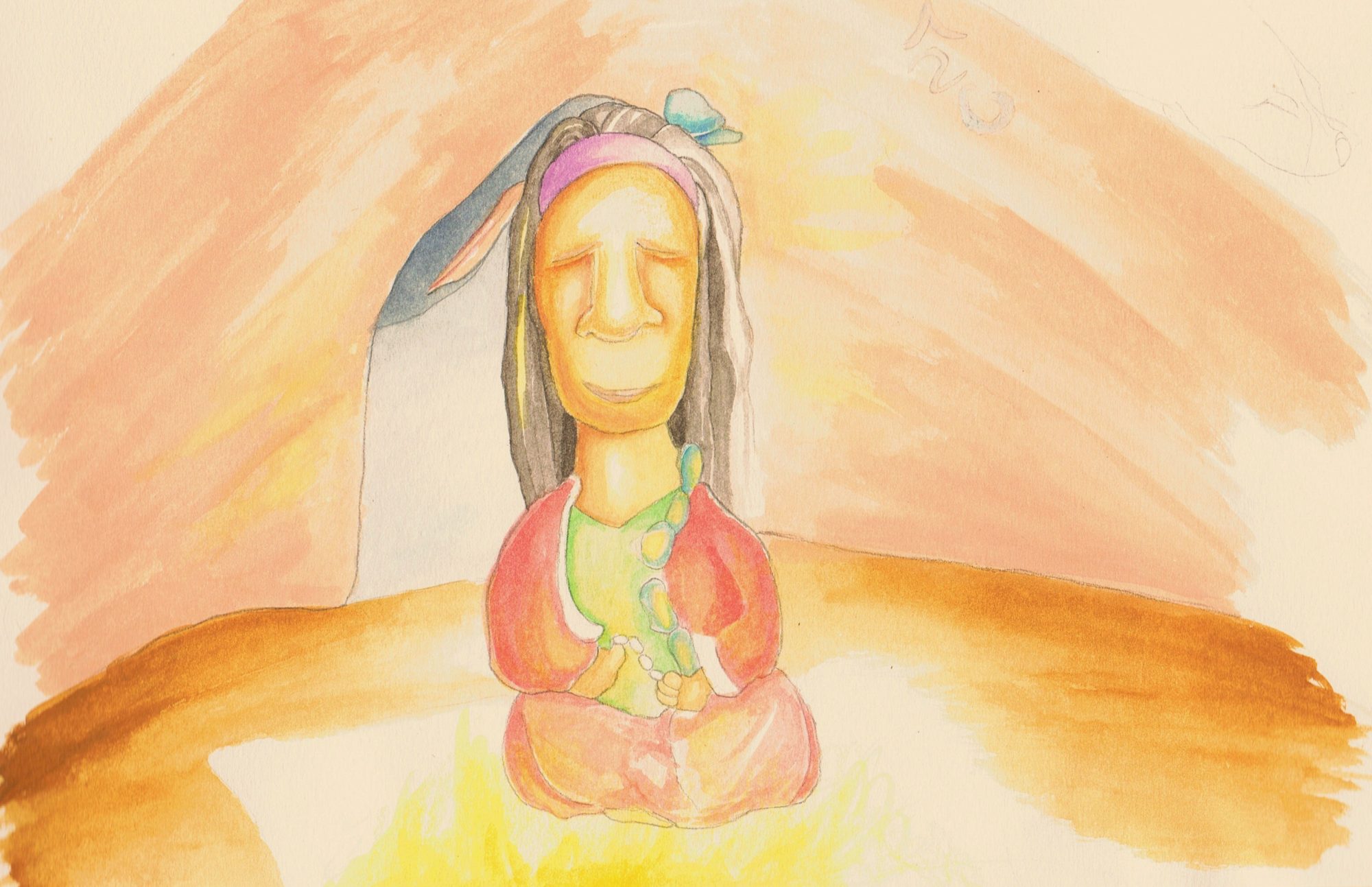Dementia is not a learning difficulty but a complaint of people who should know better.
Indeed, the frustration experienced by someone with dementia is through their own belief that they should know better.
Paradoxically, not knowing is both a cause & an effect of dementia.
Learning to live with dementia is an exploration of this very paradox.
Dementia becomes a problem to anyone who is diagnosed with dementia.
Being diagnosed with dementia is being officially told that you are incapable of the mental capacity to look after yourself.
This causes all sorts of dilemmas because all adults believe that they can look after themselves as long as they can remember how.
People with dementia do not necessarily need looking after, they just need someone to remind them how to look after themselves.
One of the most interesting aspects of dementia is that it can be just as much a problem for the carer as it can for the patient.
Whereas patience is a necessary attribute for any carer, it is also essential for the patient.
What makes dementia a real problem is the need to have someone to look after you.
The need for someone to be cared for is often a greater problem for the carer than it is for the patient with dementia.
In an ideal world, the person who needs to be cared for needs a carer who needs to be needed.
The problem with this scenario is that we have two needy people, so eventually the energy that they share will run out.
Living with dementia requires more than patience, because patience eventually runs out.
When patience runs out, the patient is still there but the carer has physically, mentally & emotionally, run out.
In a co-dependent partnership of a traditional marriage, the role of the carer falls initially to one of the partners.
Traditionally, within a marriage, couples grow old together and they care for each other.
Marriages work very well when one partner provides the direction and the other partner provides the support.
When the partner who provided the guidance loses their memory, they still have the support of their partner.
However, when the supporting partner loses their memory, it requires the guiding partner to completely change their direction.
Either the partner who has always worn the trousers needs to quickly learn how to wear a skirt, or the partner who has always worn the skirt needs to quickly learn how to wear the trousers
Dementia is such a problem for couples in old age because of this enforced role reversal.
The paradox is that dementia can force a role reversal in a partnership and an enforced role reversal in a partnership can make both parties very demented.
After a lifetime of doing things your own way, change can be a really big problem.
The real irony is that the inability to accept change can be the greatest problem, the greatest toleration & the greatest frustration that dementia can cause.
What is evident is that both partners in a relationship have to learn to live with dementia, irrespective of whoever is diagnosed as the sufferer.
It is not uncommon for the carer to suffer more than the one that they are caring for.
We all suffer the symptoms of old age and we all suffer the symptoms of someone else’s old age.
Old age is something that we all have to learn to live with and as we get older, we all have to learn to live as old people and with old people.
The older we get, the older the people with whom we live become.
The more demented that I get, the more demented the people I live with appear to become.
When life doesn’t make sense to me, other people don’t make sense to me either.
Understanding other people is how I make sense of my own experience of reality.
We are all more conscious of what other people are doing than we are aware of our own actions.
As we get older, we do more and more routine things out of habit and we do more & more things without thinking about them. Our sub- conscious mind has been programmed through years of personal experience to do what it believes is best for ourself.
We career through life without having to think too deeply, until one day we suddenly realise that consciously thinking for ourself has become a problem and paradoxically, learning how to think for ourself has become very difficult.
